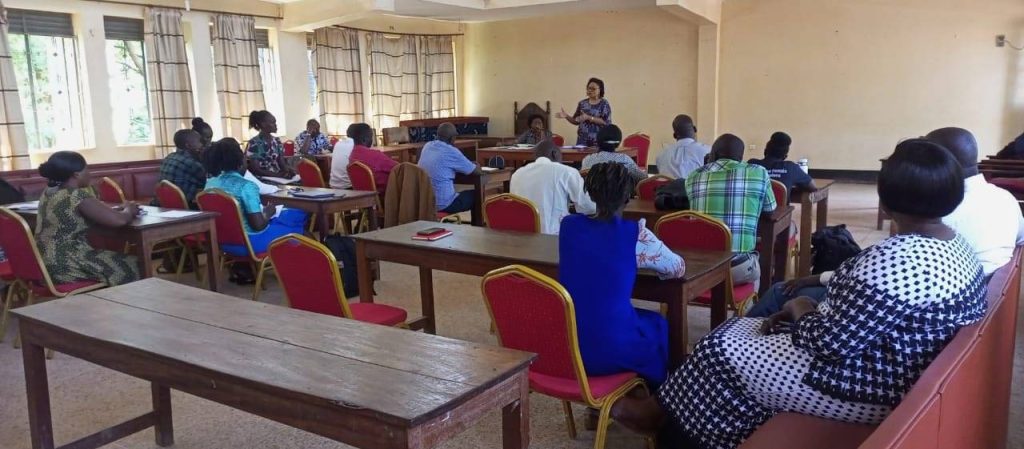
Beneficiaries of the Parish Development Model (PDM) must continue making payments on their loans for a longer period of time in order to grow their particular businesses.
Beneficiaries must spend more time with the funds and expand their initiatives rather than paying it back quickly since the small businesses they are receiving it from aim to transition them from subsistence farming to a money economy.
The repayment period is two to three years, but some beneficiaries have begun rushing to repay the funds within a year even if their businesses have not yet stabilized, according to PDM technical advisor Julius Kapwepwe.
The fact that these are wananchi small businesses is supported, he said. “We believe they can be supported to stay with the money a little longer and deploy it better and more profitably before returning it until they have expanded.”
Repayment terms typically last two to three years, but Kapwapwa pointed out that racing to pay back wouldn’t be able to ensure profitability and capital growth for the longevity of their businesses.
“Your business can care for itself and reach a level of stability when you expand it and it matures beyond the establishment phase,” he claims.
Kapwapwa claims that in order for the payback policy to achieve its intended purposes, President Yoweri Museveni felt it necessary to reassess the policy.
“The President gave guidance on the period of returning the money of at least two to three years with everyone receiving shillings one million,” the man claimed.
This occurred on Friday at the Sunset Hotel in Jinja City at the Local Government Regional Budget Consultative Workshop for the Financial Year 2024/2025.
But according to Bugweri RDC Billy Mulindwa, retrieving the Emyooga monies is still difficult because the recipients are reluctant to pay back.
Mulindwa claimed they had expertise in Emyooga and were of the opinion of starting to refund the PDM funds within two years, despite the fact that guidelines only allow up to three years.
I don’t want to appear to be at odds with my government, but as RDCs, we find it difficult to track down such beneficiaries because some wind up moving from one district to another. In this case, we work with our counterparts to find them.
Mulindwa gave the example of financial organizations like FINCA, whose soft loan customers typically return after two years.
The PDM has been given priority status as one of the most important local government-specific policy and administrative concerns throughout the budget process for the 2024–2025 Fiscal Year.
The seven predetermined pillars of PDM, of which financial inclusion is the most important, are intended to move 39% of the people out of the subsistence economy and into the money economy, according to Finance Minister Matia Kasaija.
At the beginning of the session, Kasaija, who was represented by Dr. Fixon Akonya Okonye, the Internal Auditor General of MoFPED, stated that 2,324 billion shillings had already been provided under PDM since 2021/2022.
He said that beginning with the following fiscal year and moving beyond, the plan would be tightened to guarantee that each of the seven pillars would be consistently carried out by the corresponding ministries, departments, and agencies.
By luring industrialists to add value, the minister said that this would guarantee the effective achievement of the desired goal of transferring all people to a cash economy as raw material producers.
Kasaija urged participants to embrace their efforts toward the PDM implementation, saying that doing so would necessitate excellent program implementation, monitoring, and assessment.



